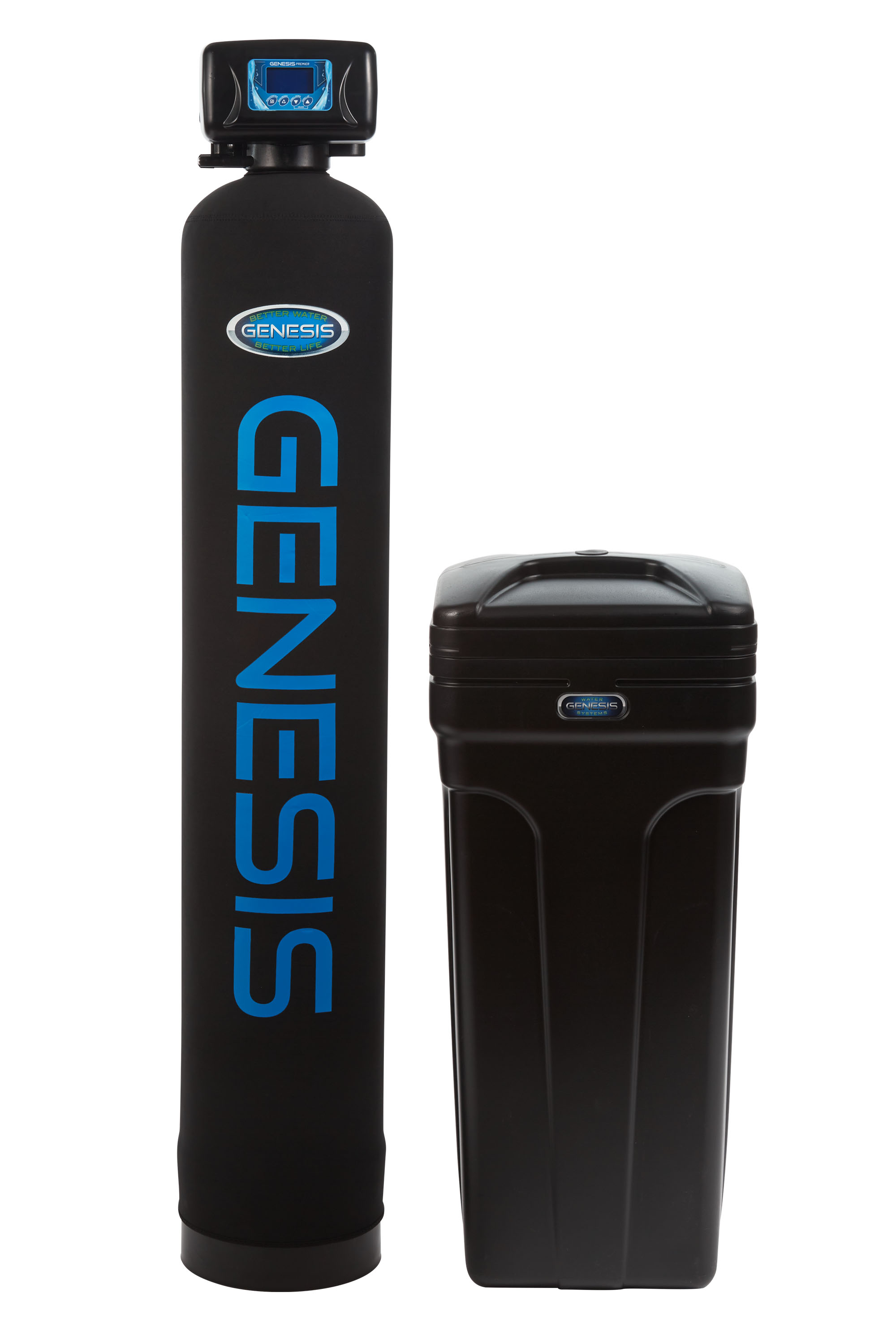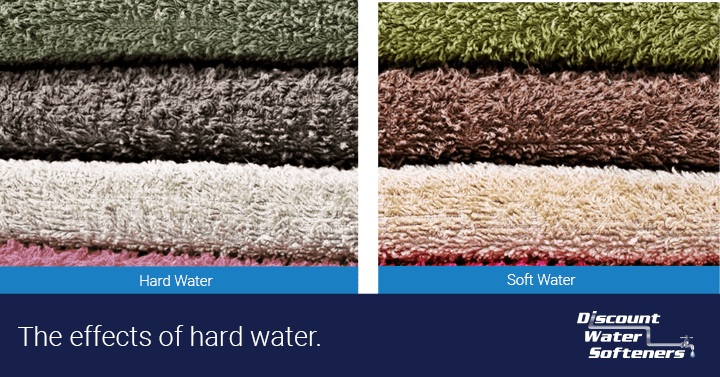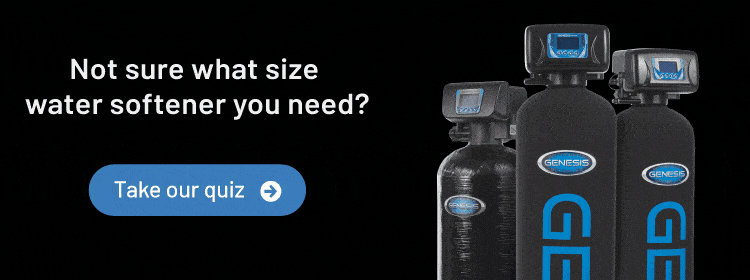How to Choose The Right Water Softener For Your Home
Posted by Discount Water Softeners on Dec 11th 2018
Everyday chores can be challenging enough without adding water issues to the mix. After the laundry is washed and the kids and the dishes have been scrubbed, the last thing on your mind should be whether your efforts were in vain. Yet, you can’t help but notice that your glassware is covered in a cloudy film, and your freshly laundered clothes appear dingy. And why is your skin so dry and itchy?
It’s a hard water problem, and you’re not alone. Over 85% of American households struggle with hard water wreaking havoc on their clothing, dishes, hair, skin, and water-using appliances. Water with a high content of dissolved calcium and magnesium reacts poorly with soap and detergents, forming soap scum. This reaction forces the use of extra cleansing agents and elbow grease to get a job done.
Living in a Hard Water Area
Hard water is naturally occurring. When rain falls, it’s considered “soft” and mineral-free. But as that rain water passes through rock and soil, it picks up minerals, like calcium and magnesium, making the water “hard.” Water hardness is simply measured by the amount of dissolved calcium and magnesium minerals present. If you live in an area with hard water, you’ll see and feel its effects.
Stains and crusty build-up appear on faucets, shower heads, and bathtubs. Scale and mineral deposits also accumulate in unseen places, where you may not realize until water flow has been reduced or you find yourself with costly repair bills due to appliance break down. When hard water begins to clog your pipes and cause shortened lifespans of major appliances like your water heater, the benefits of softening your water become clear.
Homeowners often find themselves scratching their heads over hard water woes. The good news is, making the investment in a high-efficiency water softening system will solve hard water problems, saving time, money and frustration. Those unsightly stains and mineral deposits disappear down the drain, right along with hard water, as soon as you choose the right water softener for your home.
The not so good news is, selecting the best home water softeners isn’t as easy as buying the latest technology or the most expensive system on the market. Deciding which water softener to buy isn’t a guessing game; there’s a lot to consider before making this investment. Properly sizing a water softener for your home is key.
What Water Softener Do I Need?
First, to correctly size your softener, you’ll need to know how much hardness it will need to remove each day. This is determined by your home’s daily water usage as well as the level of hardness of your tap water. A traveling businessman living alone, using a limited amount of water each day will not require the same water softening system as a family of four taking frequent baths and creating several loads of laundry each week. Homes with higher water usage benefit from a softener with greater filtering capacity in order to enjoy softened water without interruption.
Take a look at your water bill to get a good idea of what the consumption is during a normal month. This helps establish how much, on average, your household uses per day. If you don’t have this information readily available, you can also use a simple formula: number of people in your household x 75 gallons per day. This will give you a good estimate of your daily water usage.

Next, you’ll need to know what your water’s hardness level is. If you have city water, your local utility company should have that information readily available to you. Often, you can find their annual reports, also called Consumer Confidence Reports, (CCR) online. Or call the provider to acquire the hardness level.
If they are unable to provide this number or if you have well water, you’ll have to test the water on your own. Most home improvement stores have test kits available for a minimal cost. Water hardness is measured in grains per gallon. If the test results are provided in ppm or mg/l simply divide the number by 17.1 to determine the GPG (Grains per Gallon).
To calculate your home’s daily softening requirement, multiply the number of people in your household by your home’s average daily consumption of water (in gallons). Then, multiply that number by the grains of hardness in your water for a fairly accurate number of grains of hardness your softener will need to remove each day.
For example, you’ve determined that your water hardness is 10 GPG. With 5 people living in your home, multiplied by 75 gallons, that’s 375 gallons of daily water usage. Your daily softening requirement of 10 GPG multiplied by 375 gallons, equals a total of 3,750 grains per day. Now that you know how many hardness grains per day your softener will be required to remove, let’s move on to matching the right system to your household.
Still not sure what size water softener you need? Take our quiz to find the right water softener for you!
Understanding Filtering Capacity and Regeneration
The best water softener will maximize softening capacity while minimizing salt usage. Each water softener operates slightly different, so you’ll want to find out how much salt will be used and how much softening will result. The more water being used, the more often your softener may need to regenerate based on the capacity. Regeneration is when the salt, or brine solution, is drawn in to coat the resin beads, allowing the system to continue to remove hardness from the water supply.
There are two types of regeneration used in water softening. Timer softeners are set to regenerate on the same day each week, regardless of water usage. On demand softeners regenerate based on a predetermined amount of water that has been processed through the system. On demand softeners count the gallons used and deduct from the total capacity providing a more efficient result.

For a home requiring the removal of 3,750 grains per day or 26,250 grains per week, a water softener with a 32,000 grain capacity is the correct size. Given the varied features of softeners available, it’s helpful to have an experienced professional guide you in matching your home with the right system. The goal is to install a water softening system that removes hardness minerals with the least amount of waste.
Total capacity in grains is the unit’s ability to remove the minerals causing the hard water per regeneration. When you know the average hardness grains per day that your system will have to eliminate, you’re taking the guesswork out of the capacity needed, and creating the most savings in salt and water costs.
High efficiency water softeners, like the Genesis, require considerably less salt and use fewer gallons of water per regeneration, helping homeowners to cut down on several hundred dollars per year in operating costs. Water softeners extend the life of appliances while allowing them to work as economically as possible.

Water interacts with everything it touches and when your tap water is full of minerals that make you and your appliances look bad, it’s time to say goodbye to hard water. Get your clean, white towels, shiny hair, and spot-free dishes back by choosing the water softening system that’s right for you.


